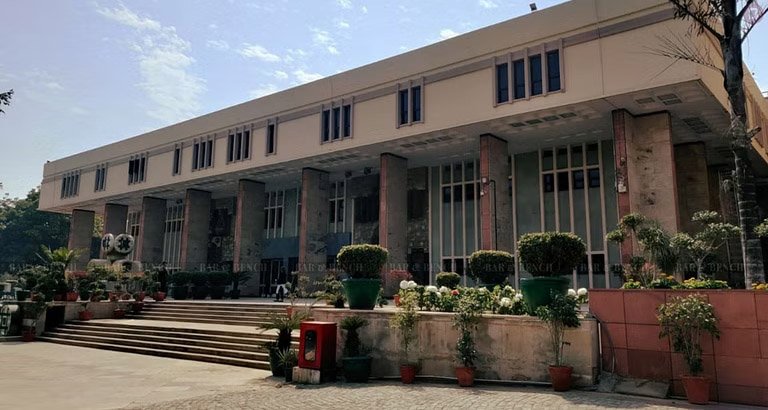Published on :
Delhi: The Delhi High Court on Tuesday asked the Central government to take a policy decision on whether seats in educational institutes reserved for persons with disabilities (PwD) can be filled by candidates having a lesser degree of disability than the prescribed benchmark, so that such seats do not remain vacant.
A division bench of Chief Justice Satish Chandra Sharma and Justice Subramonium Prasad asked the government to come up with a response to the issue within three weeks. The matter will be heard next on April 13.
The High Court was hearing a plea by an aspiring medical student who suffered from a locomotor disability.
She had appeared in the National Eligibility-cum-Entrance Test (NEET) 2022 for undergraduate admission to medical colleges. She attained the 42nd Rank under the Unreserved Persons with Disabilities (UR-PwD) Category.
However, she was left stranded when a medical examination by the Government Medical College (GMC), Chandigarh found her disability to be 30%. This meant that the petitioner fell short of the 40% threshold prescribed as the benchmark under Section 2(r) of the Rights of Persons with Disabilities (RPwD) Act, 2016, for availing the PwD seat.
Later, on the orders of the Court, AIIMS was directed to conduct a fresh medical examination. AIIMS also found the petitioner’s disability to be 30%. However, the petitioner argued that the AIIMS medical board only considered the deformity in her middle, ring fingers and metacarpals and left out the index finger.
The petitioner urged that she be allocated one of the vacant seats under the PwD category in the ongoing NEET-UG 2022 cycle.
Advocate Rahul Bajaj, appearing for the petitioner, informed the Court that the petitioner had submitted a representation before the Central government urging that the seats reserved for people with benchmark disabilities be allocated to specially abled people, even if they may have a less percentage of disability than what has been prescribed as the benchmark.
Bajaj told the Court that this would help those people with disability who are otherwise not getting admission under the General Category on account of less marks in NEET, even though they are qualified to get admission under the Persons with Disabilities (PwD) category.
The Court noted that the petitioner has raised a genuine concern that the seats earmarked for the PwD candidates must be filled by such candidates.
The Court, therefore, ordered the government to take a policy decision on the issue. While directing for a reply to be filed, the bench also directed that the government’s decision on the petitioner’s earlier representation be included.
“Union of India will certainly look into the issue and take a policy decision in the matter. The reply shall include the decision on the representation,” the Court ordered.
The Court also appreciated the efforts of Bajaj, a lawyer with visual impairment, in the matter. After Bajaj asked the Court to direct the respondents to submit their responses in an accessible format, the bench assured that the same would be done through the registry.
“This Court really appreciates the sincere efforts of the lawyer who is a especially abled and who has prepared the case so well and espousing the cause of another person who again is especially abled. The Registry of the Court is directed to furnish copies of all documents in access format to the learned counsel for the petitioner enabling him to go through the matter and argue the case,” the Court said.



